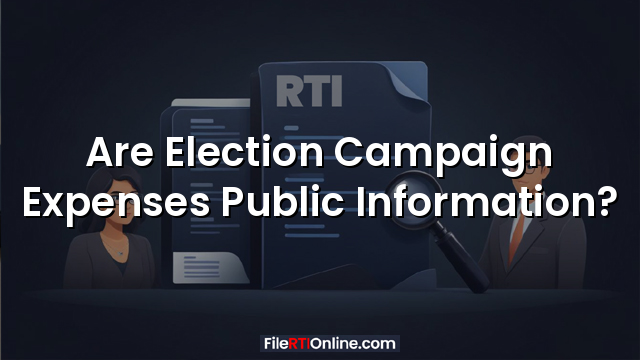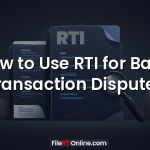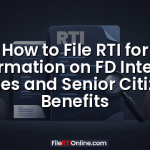Are Election Campaign Expenses Public Information? Understanding RTI Limits with CIC Case Example
Election transparency is one of the most debated topics in India, and many citizens rely on the Right to Information (RTI) Act to understand how campaigns are conducted and financed. A recurring question is whether a citizen can use RTI to obtain details of campaign expenses of candidates contesting elections—whether Parliamentary, Assembly, or even Presidential elections.
A key ruling of the Central Information Commission (CIC) clarifies the scope and limitations of RTI in this area. This article explains the law, the CIC’s reasoning, and what kind of election-related information citizens can and cannot obtain.
Are Election Campaign Expenses Public Information Under RTI?
Short answer: Not always.
Campaigning for elections is considered a private activity of the candidates unless the expenditure involves public funds or government resources.
The CIC has repeatedly held that candidates’ personal campaign expenses do not automatically become public information merely because the candidate is contesting a public office.
A landmark example illustrates this clearly.
Case Example: RTI Seeking Campaign Expenses of Presidential Candidate
Background
An applicant filed an RTI with the President’s Secretariat seeking:
- Total expenditure incurred Pranab Mukherjee while campaigning during the Presidential election
- Cost of airfare, boarding and lodging during the campaign
- Details of files pending and cleared President Smt. Pratibha Patil over a specific period
Response of the Public Information Officer (PIO)
The PIO stated that:
- The President’s Secretariat had no information regarding the personal campaign expenditures of Shri Pranab Mukherjee
- There was no record available regarding the pending or cleared files of the outgoing President
CIC Findings
The CIC held:
- Campaigning for any election, including the Presidential election, is a private matter of the candidate.
Therefore, related expenses cannot be disclosed under RTI unless the information is held public authority. - No information can be provided if no record exists.
The personal staff of the outgoing President had changed, and no file-tracking records were maintained for the requested period.
Outcome
The CIC rejected the appeal, holding that:
- Campaign expenses were not public information
- The Secretariat did not possess the records sought
- RTI cannot compel creation of information
Why Campaign Expenses Are Treated as Private Information
Election candidates incur campaign expenses in their personal capacity or through their political parties. These transactions do not fall under the RTI Act unless:
- Public funds are used
- Government machinery is involved
- The information is officially recorded public authority
Unless these conditions are met, the information is treated as private financial data, protected under:
- Section 8(1)(j) – personal information
- Section 8(1)(e) – fiduciary records
- Section 8(1)(d) – commercial confidence
When Campaign-Related Information Can Be Obtained Under RTI
Although personal campaign expenses cannot be accessed, citizens can use RTI to obtain the following:
1. Election Commission Reports
- Candidates’ officially declared election expenditure
- Details of donations received /parties (post submission)
2. Public Fund Usage
If government resources or public money were used unlawfully, RTI can compel disclosure.
3. Security or Protocol Expenses (if applicable)
Expenses borne Government due to Z/Y+ security or protocol duty can be sought from public authorities.
4. Permissions and Approvals
RTI can be used to obtain:
- Permissions for rallies
- Use of public grounds
- Traffic diversion orders
- Police deployment (non-sensitive portions)
What RTI Cannot Provide in Election Campaigns
1. Personal campaign expenses
Unless submitted to a public authority (like EC expenditure affidavits).
2. Internal party spending
Political parties are currently not under RTI (as per existing legal position).
3. Information not held or recorded
RTI cannot force a public authority to create or reconstruct information.
4. Files that were never officially tracked
As seen in the CIC case regarding outgoing President’s pending/cleared files.
Key Takeaways
- RTI is a transparency tool but does not override privacy laws.
- Election campaign expenses are mostly private unless officially filed with the Election Commission.
- CIC has repeatedly clarified that personal campaigning—even for top constitutional posts—is not a public function.
- Citizens can still use RTI effectively to uncover misuse of public funds, official permissions, and mandatory expenditure disclosures held Election Commission.


